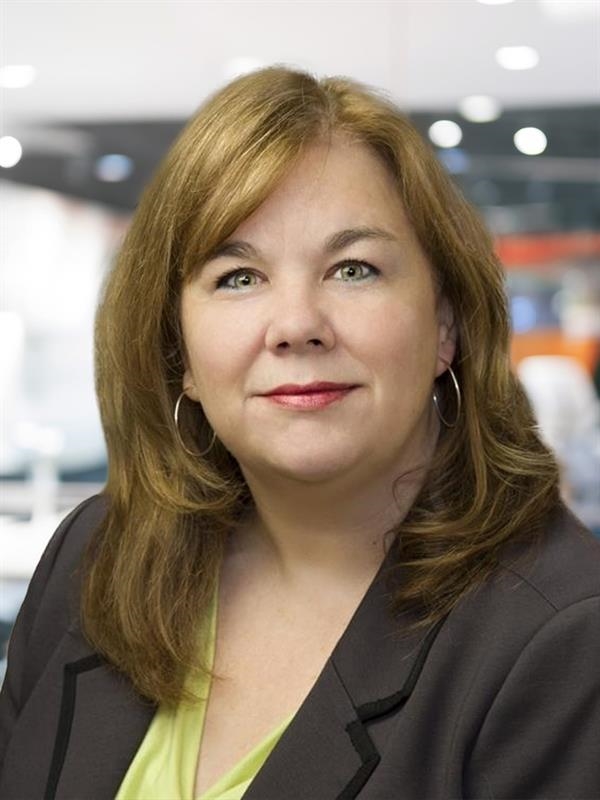Money wasn’t something my dad talked about very much when I was growing up. However, he did have a couple of expressions he would share repeatedly over the years. While we didn’t have long conversations about borrowing, interest rates, or details about investing, it was my dad who taught me how to save as I grew up and got my first job.
I had a plan for those first few paycheques as a young person with no financial responsibilities to worry about. Not a plan to save — but, instead, a plan for what I was going to buy and which activities I would do with my friends on the weekend. However, that didn’t last long before my dad talked to me about saving.
Save for a rainy day
I had heard my dad talking to my brother about saving years before — I didn’t quite know what my dad was saving for, but he would say: “It’s always best to save for a rainy day.”
At the time I couldn’t imagine why you would need more money for a rainy day. But as the years went on, I learned it’s not really about the rain — it’s about when life happens and times are tough, and the road you planned to take has an unexpected detour. My dad meant it’s important to save some of your money in case there are challenges and obstacles in the future.
My dad’s words really started to resonate as I grew up, started a family, and purchased my first car and home. Nothing goes exactly as expected in life — and it’s best to be prepared for when your car doesn’t start, your fridge isn’t cold, or the ceiling in your living room is wet because the roof is leaking. While saving for the unexpected isn’t always fun, it will help keep your debt down and make sure you don’t need to rely on your credit card for emergencies.
Prioritize needs over wants
The next piece of advice my dad gave me was: “Buy what you need rather than what you want, because the two don’t always align.”
I discovered the truth of this saying as I grew up. I’d love to spend our growing savings account on an extended vacation in Europe or on home renovations — but sometimes those wants simply have to wait.
This doesn’t mean you can never have fun or live life to the fullest. It’s about sitting down and thinking about what is most important to you. You can take the vacation when your rainy-day account is ready for when life happens — and when your vacation fund has also reached your target amount.
This brings me to another point — it’s okay to have multiple savings accounts, one for your needs and one for your wants. If you know you want to take a break from the winter next year and book a trip to Mexico, assess how much that trip will cost so you can plan for it now and have the money saved in advance. You’ll enjoy your vacation more with the knowledge that you’re not returning home to a large credit card bill.
Take the steps toward financial health
My dad’s advice helped me learn how to save for the unexpected and prioritize my needs before my wants. In honour of Father’s Day and all the fathers out there, keep sharing your advice, talking about financial literacy, and the importance of saving for a rainy day — as one day your children will understand why it matters.
Teaching your children financial literacy is important — but so is your own financial health. Life happens, and you may be struggling with financial stress or debt. A Licensed Insolvency Trustee (LIT) can help you review all your options to choose the debt relief solution that works best for you. Together, we can help you achieve a debt-free future.



